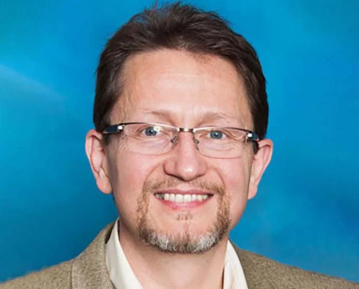Our functional genetics and genomics faculty use molecular and omics approaches combined with bioinformatic and statistical approaches to gain further insights into genetic mechanisms and unravel new potential biomarkers and therapeutic targets for human diseases and disorders. Scroll down to see individual faculty.
Faculty Research

Kang-Hsien (Frank) Fan
Conducting advanced statistical and bioinformatical analyses in genomics and transcriptomics across various disciplines, including oncology, plant biology, neurology, and human complex diseases. Proficient in quality control and analysis of microarray, bulk sequencing, and single-cell sequencing data.

M. Ilyas Kamboh
Application of molecular genetics and molecular epidemiology to explore and understand the complex genetic architecture of Alzheimer's disease (AD) and related dementia (ADRD) using diverse approaches of employing AD case-control, disease progression, ADRD-associated fluid biomarkers, neuroimaging , cognitive domains, transcriptomoics and cell-based data.

Quasar S. Padiath
Development of therapeutic strategies and understanding the genetic mechanisms underlying CNS disorders with special emphasis on demyelinating diseases (leukodystrophies). Studying the organization of nuclear architecture and its role in cellular function. Deciphering the role of non-coding regulatory elements in the tissue specificity of CNS disorders.

Fangping Mu
Support research as an interface between High Performance Computing (HPC) and health science researchers; Provide consultation on effective usage of high performance computing resources to health science problems; Develop genomics data analysis workflow and selection of pipelines; collaborate with researchers to provide genomics data analysis service to health science researchers.

F. Yesim Demirci
Investigating the genetic and molecular basis of complex human diseases/conditions. Using various molecular and omics approaches to gain further insights into the disease mechanisms and unravel new potential biomarkers and/or therapeutic targets.

Guillermo Rodriguez Bey
Neurological pathologies, with an emphasis on exploring the intricate pathways that regulate gene expression associated with these conditions using a diverse array of models, including mice, cell cultures, and human subjects. Development of therapeutic strategies aimed at alleviating symptoms of neurodegenerative diseases by studying signaling pathways and gene regulation at both the RNA and protein levels.

Zsolt Urban
Inherited diseases of elastic fibers, obesity, human genetics, cellular and zebrafish models.